The Elimination Process
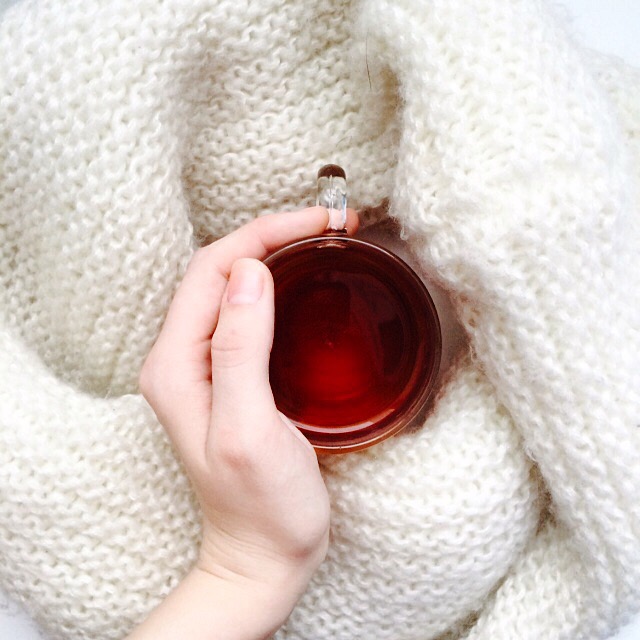
While your first cough-suppressing inclination might be to grab a few throat lozenges, one of the best things you can do for coughs is eliminate certain foods from your diet as soon as you're starting to feel ill, says Rebecca Lee, a registered nurse and creator of Remedies for Me. For example, sugar suppresses the immune system and creates more inflammation in the body while dairy causes excess mucus. "For optimal immune power, you need to eat a diet that gives you lean proteins, broth-based soups, teas and bland or easy-to-digest foods," she says.
Spice It Up
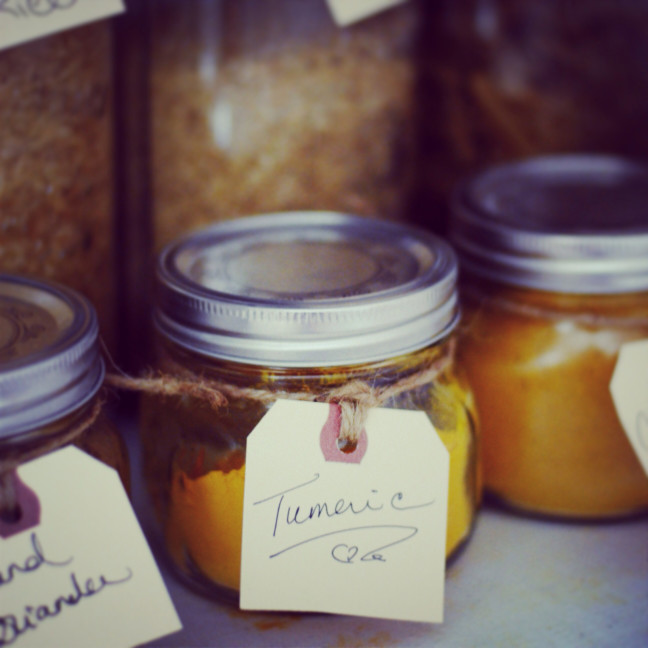
Turmeric—the spice used to flavor your curry—can help ease your cough as well, thanks to its multipurpose use as an antioxidant and anti-inflammatory spice. If your cough leads to a sore throat, turmeric can be especially helpful when sprinkled onto a spoonful of raw, organic honey or added to tea, says Lee. In addition to coughs and sore throats, turmeric has been used to treat colds, headaches and congestion, and—as a bonus—can even whiten your teeth.
An Apple (Cider Vinegar) a Day
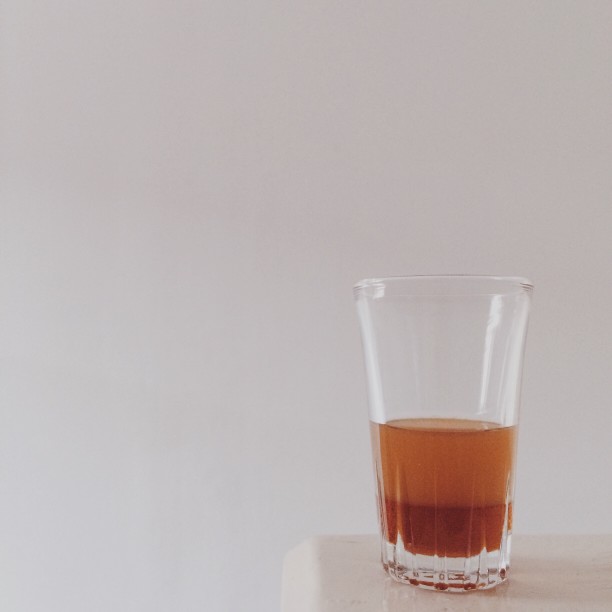
If there was a magic potion for cough and cold-curing, apple cider vinegar would be a key ingredient. In addition to being antibacterial and antiviral, it also contains prebiotic inulin, which "builds up the immune system and sends out fighting white blood cells," explains Lee. Particularly if you have a "wet" cough that indicates mucus buildup, apple cider vinegar helps dislodge it from the chest, making it easier to breathe. Lee suggests mixing two teaspoons of apple cider vinegar with warm, filtered water and a squeeze of lemon, a dash of Ceylon cinnamon powder (which acts as an antiseptic) and some raw, organic honey (of course). Drink this concoction three times a day to make your cough go poof!
Steam Solutions

Besides providing an in-home spa experience, steam works wonders when treating a cough, cold or sinus congestion. And if you want to enhance the effectiveness, add some essential oils to the remedy, such as tea tree oil or eucalyptus oil since both have natural antimicrobial properties, says Dr. Allana Polo, ND, ac certified naturopathic physician and owner of Polo Health + Longevity Centre. Either spray the oils into a steamy shower or create your own steam treatment by pouring boiling water from a teakettle into a large mixing bowl and adding a few drops of oil. Lean over the bowl, drape your head with a towel and breathe deeply for five to ten minutes, up to three times a day, suggests Dr. Polo.
Honey Help
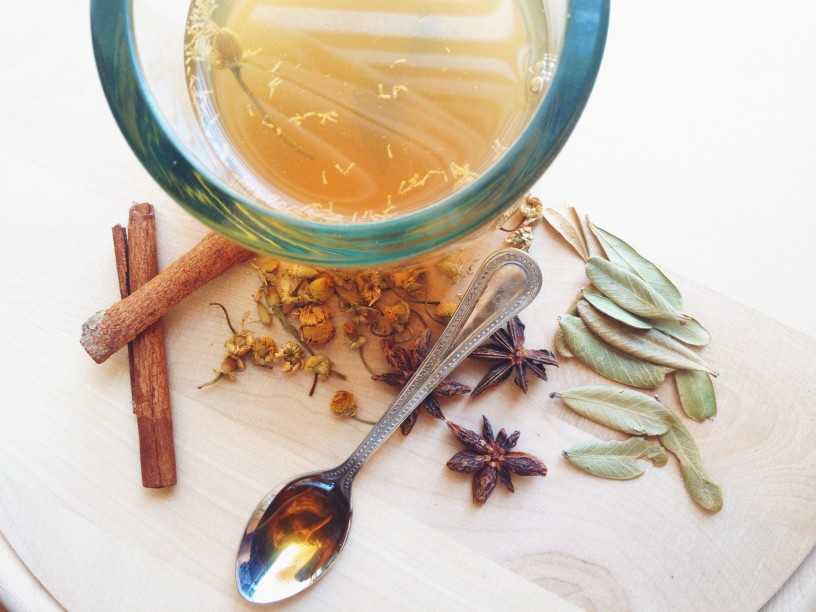
It turns out a "spoonful of sugar" might very well be your best medicine in treating coughs—so long as that sugar is in honey form. "Various studies on honey have found that this rich demulcent works more effectively at calming a cough than many other over the counter drugs," says Dr. Polo. "Honey has antimicrobial properties and does an incredible job of soothing and coating the throat or irritated membranes while working to help fight any viral or bacterial infections." She recommends using 1 tablespoon. of raw, organic honey three times a day for both adults and kids over the age of 2 years old. (Younger children should avoid honey due to risk of botulism, she notes.)
Ginger Aid
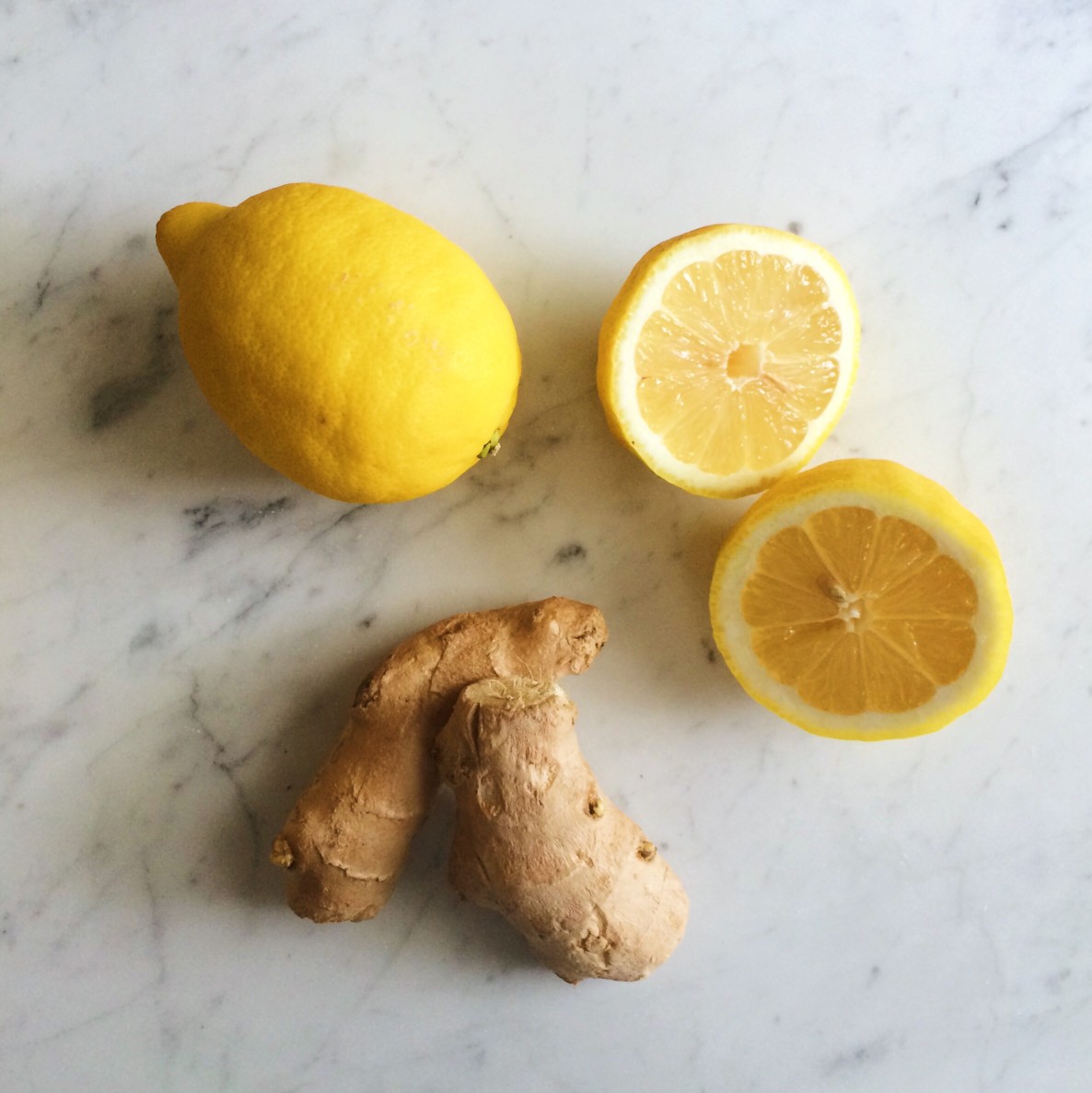
Some other ingredients to add to your cough-kicking arsenal: ginger and lemon. Place grated, fresh ginger in water and bring to a boil. Add honey and lemon—a vitamin-C-rich immune booster—and drink three to four times a day to help relieve both dry and wet coughs, says Dr. Polo. Or, simply chewing fresh ginger throughout the day can have the same soothing effect, she notes.
Gung-ho for Garlic
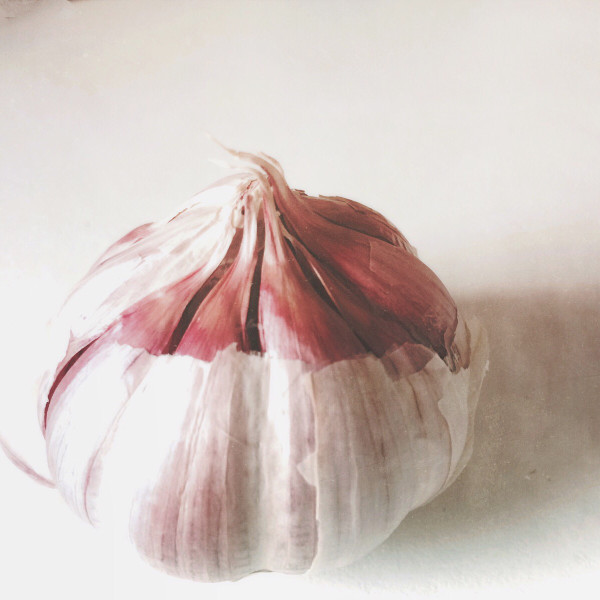
According to Dr. Polo, garlic has both antibacterial and antimicrobial properties that can treat coughs and sore throats while helping fend off colds and flu. Simply cooking with more garlic may do the trick, but if you want to expedite your recovery time, roast two or three cloves and eat throughout the day, says Dr. Polo. Or, crush a clove and pair it with 1 tablespoon of honey for a potent cough-relieving combo.
Get Chopping
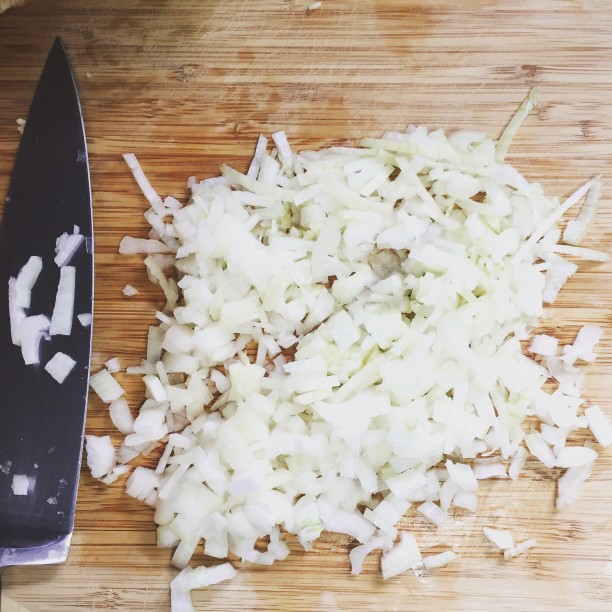
When all else fails, let your cough put you to work in the kitchen. As it turns out, breathing in the strong vapors as you're chopping an onion can actually relieve coughing, explains Dr. Polo. Additionally, eating an onion—raw or cooked—every day can help ease cough symptoms. If you prefer a cooked onion, roast it with those garlic cloves for an extra powerful antidote.
A Little Kick
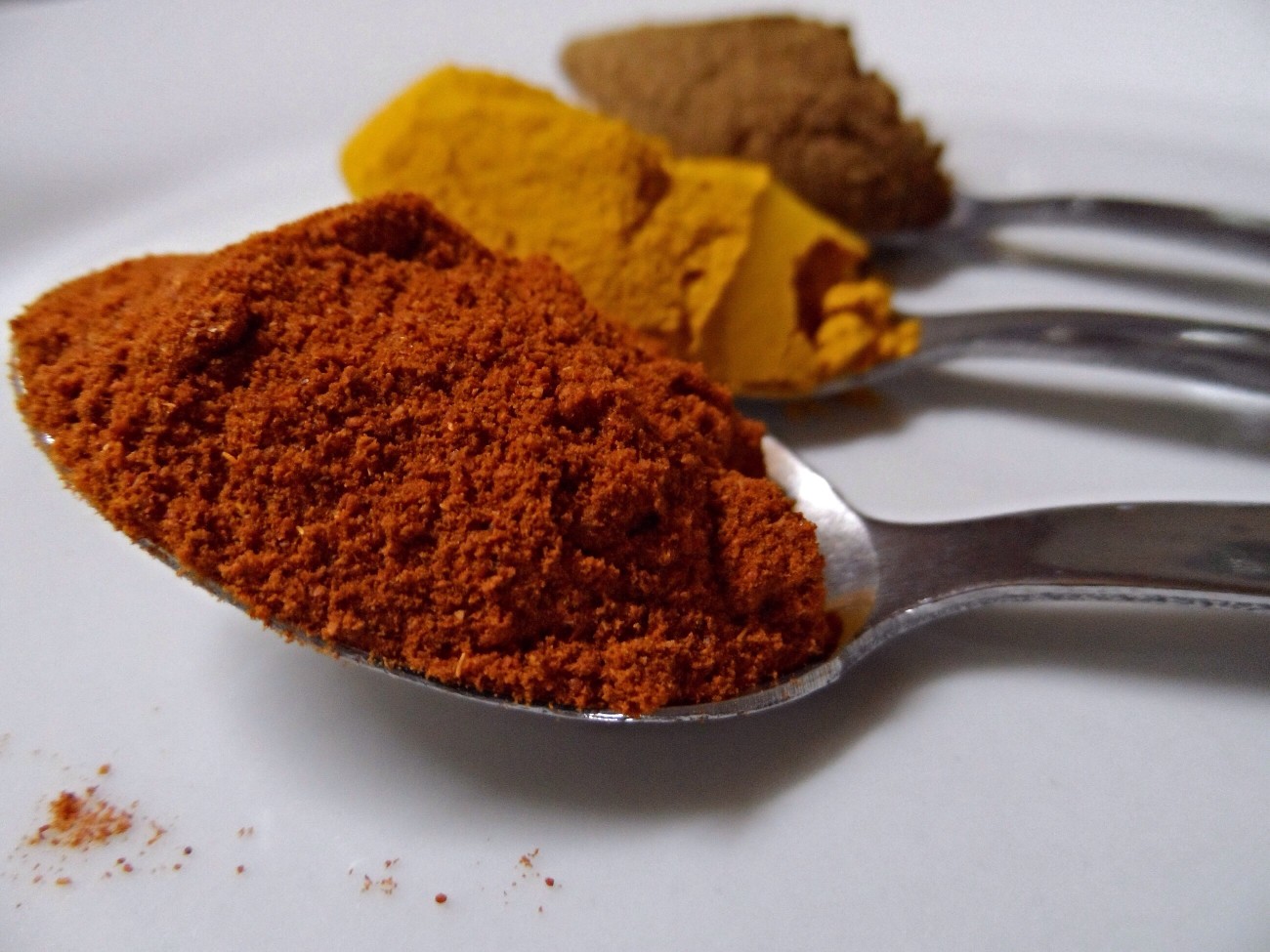
For those who can tolerate the heat, cayenne pepper is a terrific cough cure as it's known to break up congestion, increase blood circulation and warm your body while decreasing inflammation, says Lee. Furthermore, its high vitamin C content will give your immune system a much-appreciated boost. She recommends starting with 1 teaspoon of organic cayenne pepper each day, gradually increasing the dosage to 1 teaspoon three times a day.
Elderberry Elixir
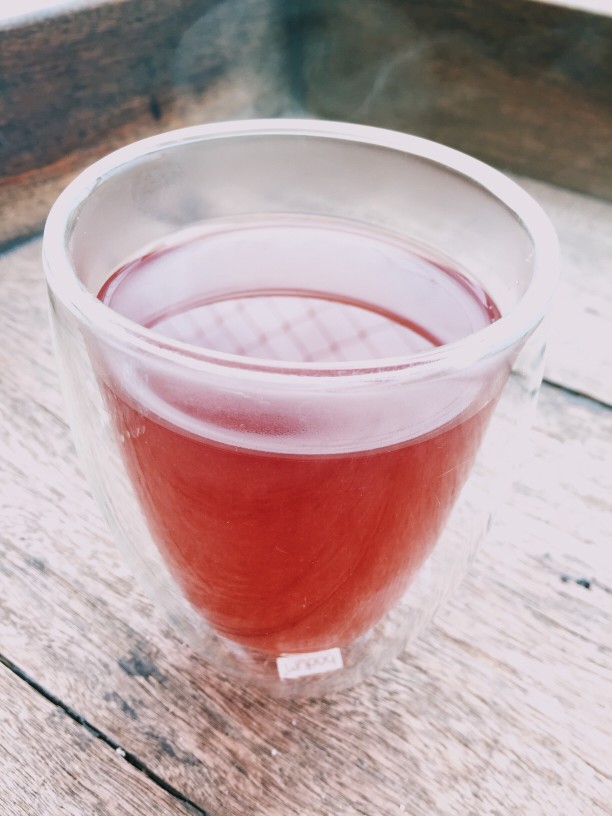
As soon as you start feeling the inkling of a cough or cold, seeking out elderberry should be one of your first moves, says Lee. Due to its antioxidant and antimicrobial properties, the elderberry flower is ideal for fighting upper respiratory infections and allergies. Whatever form of it you choose—as a syrup, lozenge or tea—take within 48 hours of your first symptoms for optimal results, says Lee.




